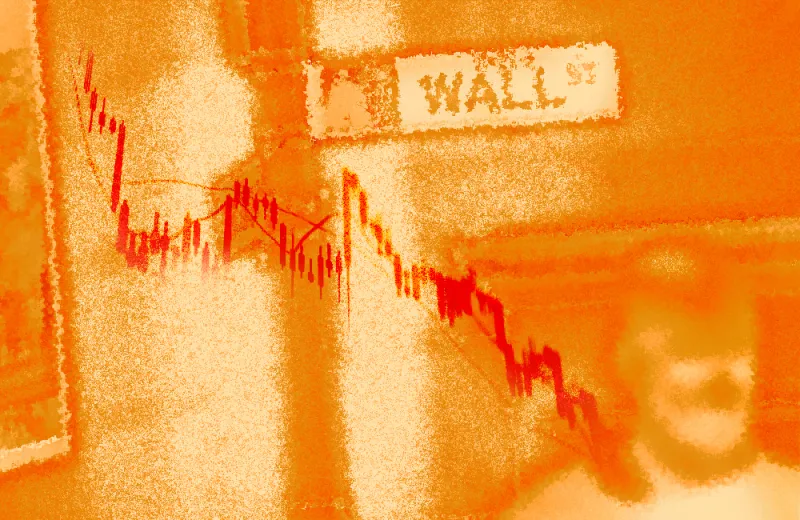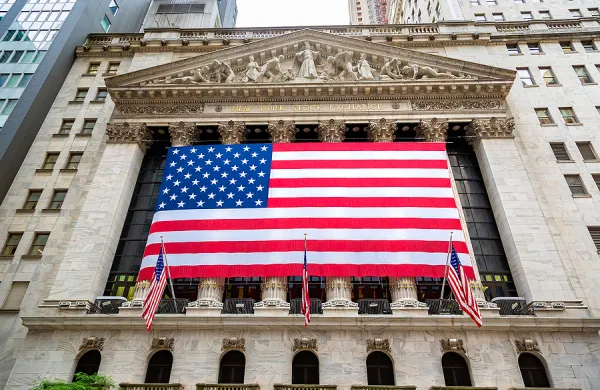Wall Street’s workforce is in for yet another disappointing bonus season.
Employee incentive compensation at institutional firms, including investment banks and traditional and alternatives managers, could fall between 5 and 25 percent, a new analysis from compensation consulting firm Johnson Associates.
The bonus compensation tides are turning alongside the markets: In 2021, payouts were unusually high, as were returns. Meanwhile 2022 pay, along with the markets, fell.
But 2023’s bonus season is expected to be challenging for both employers and their employees. Inflation is high. Although bonuses are not at the highs, they are still in line with those of more typical years on Wall Street, such as 2018 and 2019. An employee’s dollar, however, isn’t going as far as it used to.
“If you overlay inflation and employee expectations, it’s going to be a hard year to manage morale,” said Alan Johnson, founder of the firm. “The other thing that’s happened is obviously the labor market has cooled dramatically... Employees, if they’re not happy with their pay, there will be fewer places to look at.”
Private equity firms may still be alluring for employees, though. Year-over-year, bonus compensation is expected to remain flat. But going beneath the surface, incentive fees, or carry, could start impacting the bottom line for employees.
“Over the last decade, there’s probably been an unusual amount of stability in carry payouts and the frequency in them,” Johnson explained. “Prior to that it was more episodic, but over the last decade, it’s been very predictable.”
That is changing. With higher interest rates, there have been fewer exits from portfolio company investments. These exits aren’t just being delayed, though. They may not be profitable — or at a level that beats a hurdle rate. According to Johnson, some of the industry’s newer professionals haven’t seen something like this before.
Traditional asset management staffers aren’t faring better. According to Johnson’s analysis, he expects payouts to be between five and ten percent less than the year prior.
The past ten or so years have been marked by assets moving from active strategies to passive ones. But according to Johnson, the effects of this movement on compensation were masked by an incredibly strong bull market during that same period. “You can’t hide it anymore,” he said.
Put another way, Johnson explained: When an investment manager facing competitive pressures goes from charging 40 basis points on a passive product to 20, the market would essentially have to double to make up for the loss on fees. For a while, it worked. Not so much anymore though.
Expected payouts are mixed in other categories. For hedge fund firms, Johnson expects some bonuses to be 5 percent higher than last year, and some to be 5 percent lower. Investment banking advisers are expected to fare the worst, with a 15 to 25 percent year-over-year decline.
Across the board, it’s clear that in institutional investment management, the party is, to some extent, over. Now it’s on leadership to manage employee expectations.
“The message should be: ‘You’re paid competitively and fairly compared to others,’” Johnson said. “’Within the firm, you’re paid well compared to your colleagues and with the market.’ People in this industry are paid well compared to what I call ‘the real world.’”







